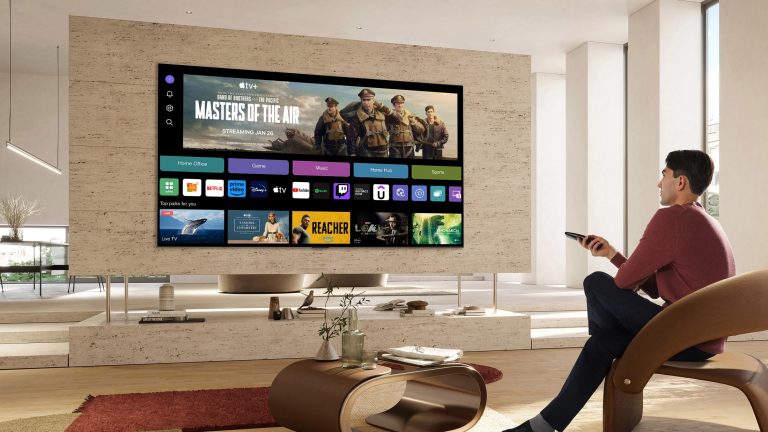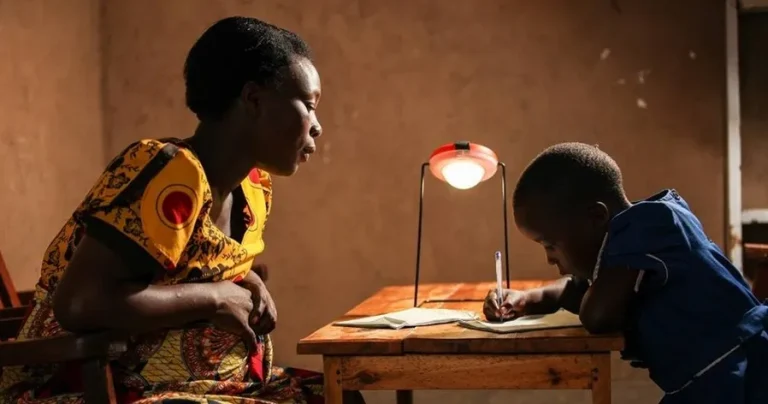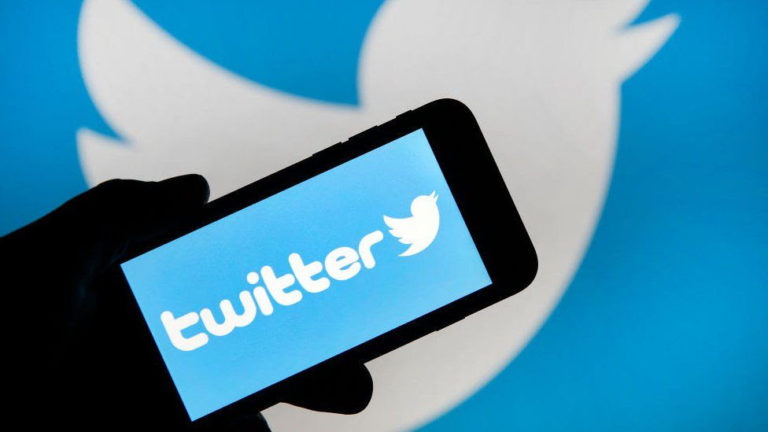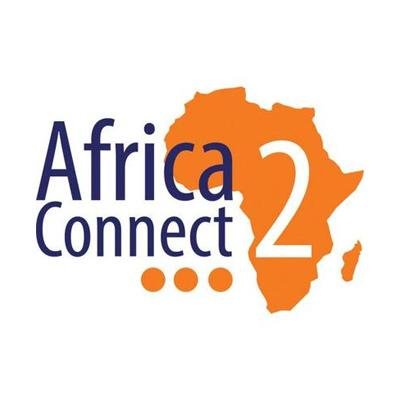Richard Branson Encourages Impact Investors to Explore the $10 Billion Renewable Energy Market in Nigeria
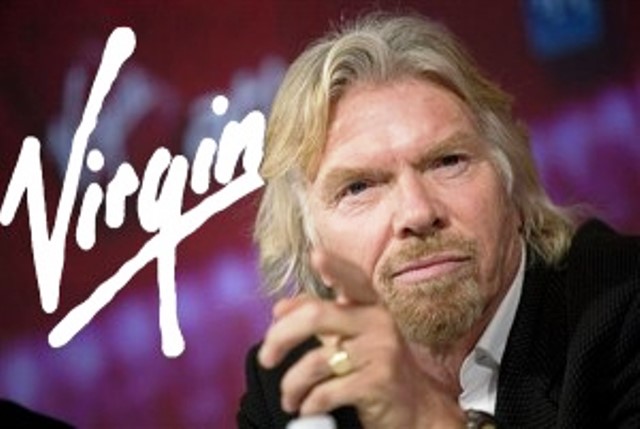
Richard Branson,Founder of Virgin Group in a recent blog post encourages Impact Investors to explore the $10 Billion Renewable Energy Market in Nigeria.Here is excerpts from his post:
Energy access in Africa is close to my heart. Bringing clean, renewable power to people instead of building coal-fired power stations is absolutely essential if we are going to tackle climate change.
Despite great progress in recent years, still every night too much of Africa remains in darkness. But this is about so much more than simply having a source of light. Lack of power inhibits millions of small businesses and budding entrepreneurs in Africa, starving them of the ability to manufacture, even power a laptop.
There’s certainly no lack of solutions. For instance, my good friend Strive Masiyiwa launched Econet Solar in Zimbabwe to bring solar lamps to villagers who could pay via their smartphones.
One bigger entrepreneurial energy solution that has so far under delivered on the promise of bringing energy to all has been mini-grid systems. Mini-grids are sets of electricity generators and possibly energy storage systems interconnected to a distribution network that supplies electricity to a group of customers. They can be charged using solar.
However, investors have viewed the market for mini-grids as being too risky, making gaining access to project financing rare, and market rate debt expensive. So, I was really thrilled to hear this week that the Rocky Mountain Institute may have cracked the problem with their partners, the Nigerian Rural Electrification Agency and the World Bank.
At a recent summit in Nigeria, the organisations released an independent investment brief that touts Nigeria as the nation which can now unlock the nascent mini-grid market in Africa in 2018. Nigeria is the biggest and most attractive off-grid opportunity in Africa. It has the largest economy in Sub-Saharan Africa (GDP of $405 billion), a population of 180 million people, and flourishing growth (15 per cent a year since 2000).
A significant amount of the economy is already powered largely by small-scale generators (10–15 GW) and almost 50 per cent of the population have limited or no access to the grid. As a result, Nigerians and their businesses spend almost $14 billion annually on inefficient, polluting and noisy generation that is expensive, and suffers from poor quality.
Developing off-grid alternatives to complement the grid could create a $9.2B/year market opportunity for mini-grids and solar home systems that will save $4.4B/year for Nigerian homes and businesses. And there is large potential for scaling – installing 10,000 mini-grids of 100 kW each can occur for 10 years and only meet 30 per cent of anticipated demand.
The combination of large revenue opportunity (USD $9.2 billion per year), a supportive government, and a dynamic entrepreneurial environment unite to make Nigeria the ideal location. If you are an impact investor that wants to make a difference in energy access next year, I’d suggest a trip to Nigeria.


